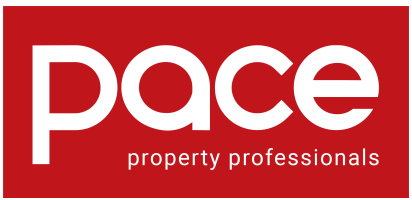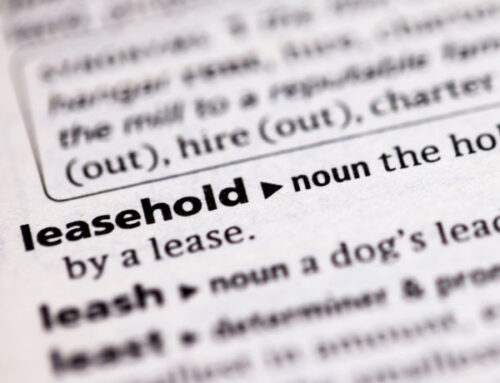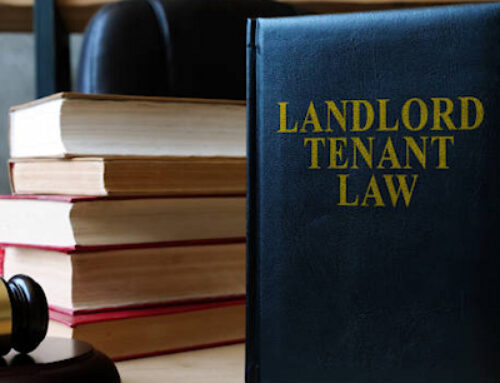Electrical safety – regulations and requirements for landlords
As a landlord, you are legally required to ensure that any property you rent out is safe for your tenants to live in.
There are 3 key areas where landlords must carry out checks at least annually:
- Electrical safety
- Fire safety
- Gas safety
Electrical safety
Landlords are required by law to ensure that the electrical system – such as sockets and light fittings – in their rented property, are safe when tenants move in.
Where a property is provided with electrical appliances it is the landlords responsibility to make sure that all electrical items supplied as part of the tenancy – such as cookers and lamps – are safe. They must also be maintained in a safe condition throughout its duration.
If your property is a House in Multiple Occupation (HMO – could like to HMO article here) then you must have a five yearly electrical safety check carried out by a qualified electrician, even if you do not need a licence. This will cover shared houses, flats in multiple occupation, bedsits, hostels and certain converted blocks of flats. These are blocks of flats which are not converted in compliance with 1991 (or later) building regulations and less two/thirds of the flats in the block are owner-owned.
To achieve and maintain electrical safety, landlords should:
- Carry out a visual inspection of the electrical system between tenancies.
- Have Portable Appliance Tests (PAT) done on all movable electrical items supplied with the property every year.
- Make sure the property has an adequate residual current device or RCD (at the fuse box). This protect tenants from potentially fatal electric shocks by switching off the current automatically if someone accidentally touches a live part of the circuit.
- Have an inspection carried out every five years (this is a legal requirement if the property you let out is an HMO). The results of the inspection will be detailed in an Electrical Installation Condition Report (EICR), which will identify whether the electrical system is safe or not.
- Only use registered electricians for any electrical work required.
If you need electrical installation work done in your property, we recommend that you use an electrician registered with one of the government-approved schemes.
These include:
- NIC-EIC
- ELECSA
- NAPIT
- BSi
- Blue Flame
- Stroma
- Select
- ECA
Trustworthy electricians work to the BS7671 safety standard, their work is regularly assessed and they’re insured; so you’re protected.
The electrical inspection certificate obtained after a check must be retained and provided to the local authority upon request.
You may be interested to know that Pace Properties operate a busy property maintenance department, so if you’re not sure of what’s best for your property, don’t hesitate to contact us.







